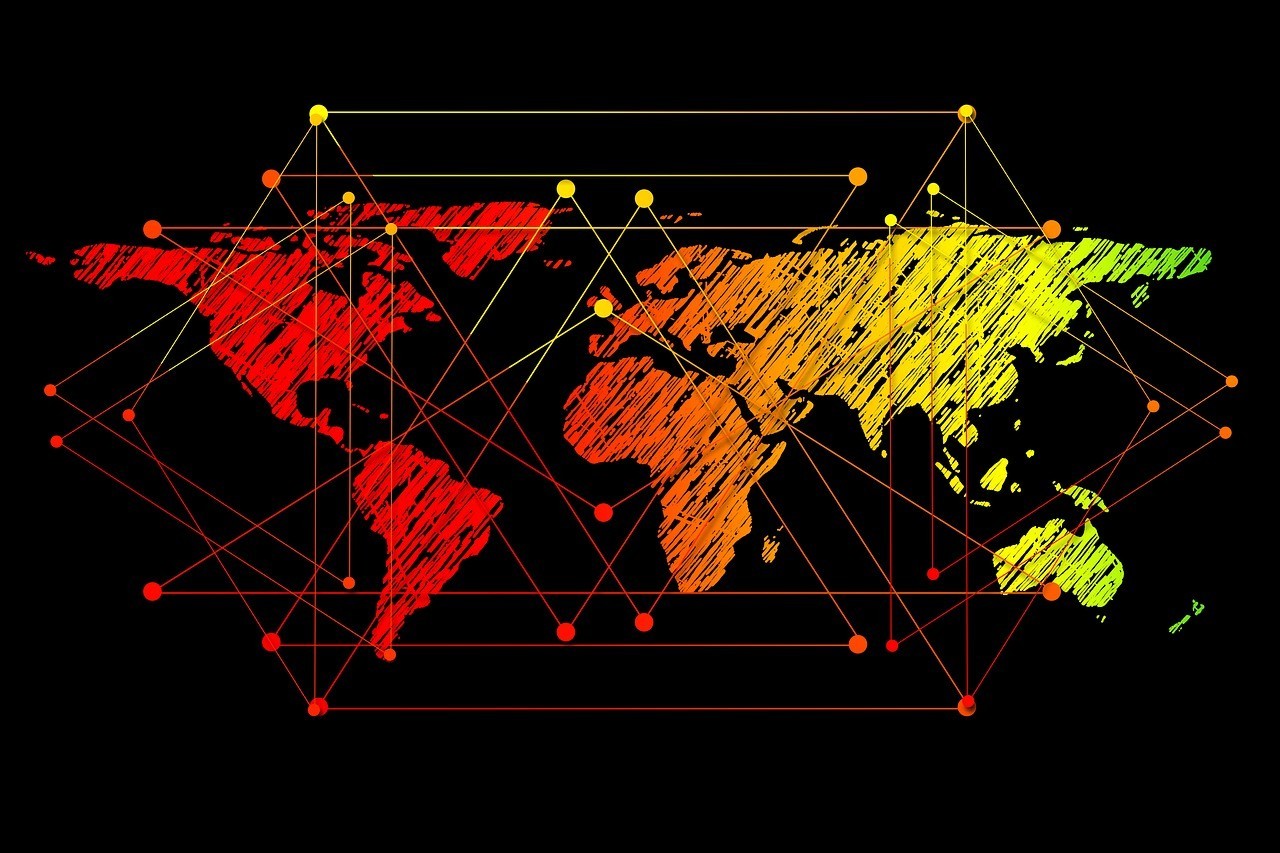Which documents should you translate when your company goes global?

As soon as a company makes the decision to internationalise, it should be aware that there is a set of documents required for that process, the content of which should be translated. We'll tell you what they are.
Translating promotional documents
A good idea, when expanding internationally, is to attend trade fairs or conventions to showcase the company's activity, make contacts and meet with industry partners, suppliers or potential clients.
This kind of marketing requires supporting documentation with information about the company and its product and services, among others, and, evidently, the content should be adapted to the requirements of the different languages. This will not just help potential clients to understand what the company does, but will also convey an image of a company with clear expansion goals. The translation should put into the hands of a translator specialised in advertising and marketing.
Translating information on products or services
Once the country or countries into which your company plans to expand have been selected, you should get all the content referring your products or services translated: Labels, packaging, user manuals, etc. Ultimately, all the texts containing valuable information for the user about the product or service.
This translation process requires a technical translator since each sector usually has a vast array of specific terminology and nomenclature exclusive to the field.
Translating financial and commercial information
Distributing products on different markets, as with local distribution, requires a distributor, supplier or agent contract to be drawn up, and in this includes the translation of these documents. Moreover, if a company decides to set up a subsidiary in a new market, it should also take into account the translation of financial documents, such as annual accounts, certificates or deeds.
Last but not least, it is also necessary to translate all documents needed in the purchasing process, such as invoices, conditions of use, sales conditions and information on methods of payment.
To achieve a consistent and standardised translation of this type of document, it is recommendable to centralise translations and make use of translation services equipped with sufficient technology to reuse texts that have already been translated, in order to avail of translation cost savings. And what about you? Do you have a translation service provider yet?




